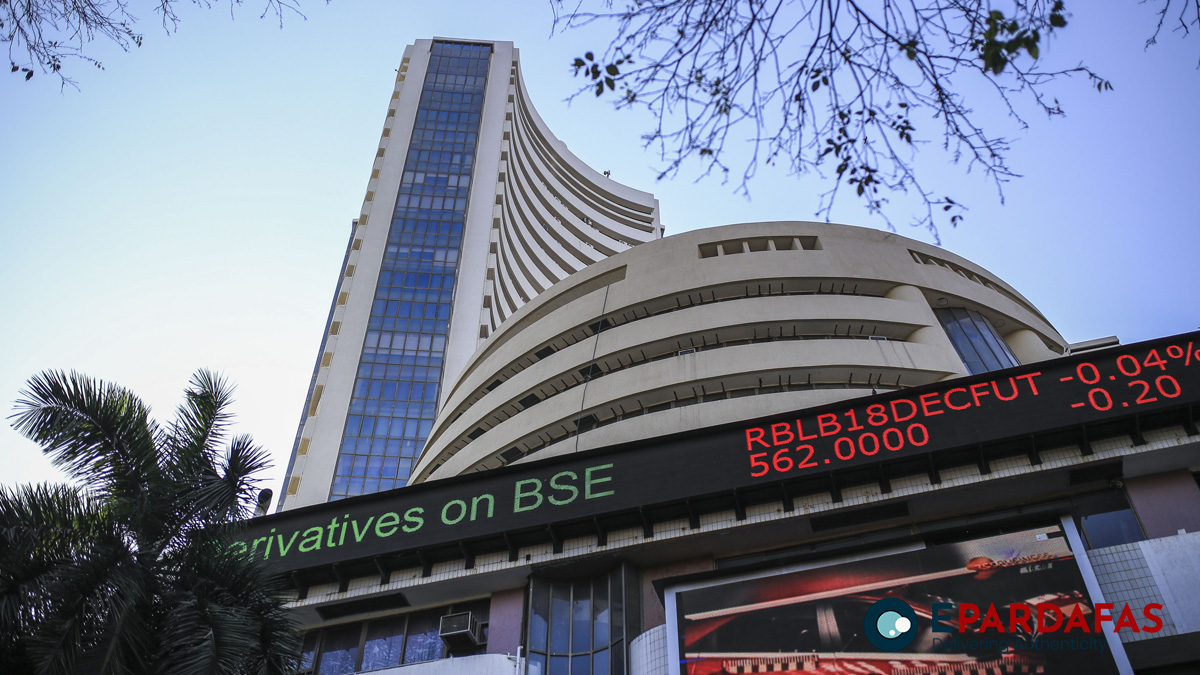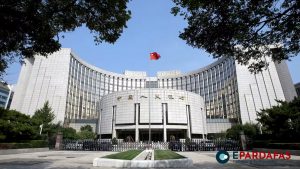
Mumbai Surpasses Global IPO Charts as China Listings Decline

In a remarkable turn of events, Mumbai is poised to secure its place as the global leader in new stock market listings this year, outpacing all financial centers in China combined. According to global consultancy EY, the number of Initial Public Offerings (IPOs) on Mumbai’s National Stock Exchange and the Bombay Stock Exchange is expected to surge by 45% year-on-year, reaching an impressive total of 209. In contrast, Chinese financial hubs are witnessing a decline, with Shenzhen expecting a 33% decrease to 126 IPOs, Shanghai a 36% drop to 99, and Hong Kong experiencing a 19% dip to 61.
Although Indian exchanges currently trail behind mainland Chinese bourses in terms of IPO proceeds, the sheer number of new listings reflects the robustness of India’s economy. Analysts attribute this trend to the Indian government’s emphasis on new infrastructure projects and the growing appetite among investors for equities, particularly in smaller-cap companies.
Ringo Choi, Asia-Pacific IPO leader at EY, highlighted India’s positive trajectory, stating, “India has shown signs of growth in recent years, due to its young population and confidence people have in its potential.” He added, “Compared to a decade ago, India’s infrastructure has matured and improved significantly. I believe the India IPO market will gradually climb higher.”
However, some analysts express concerns about potential “irrational exuberance,” echoing fears of overheating reminiscent of the dotcom bubble. Nitin Bhasin, Head of Institutional Equities at Ambit, warned that the fervor around IPOs, particularly in smaller-cap firms, could lead to inflated valuations.
India’s advantageous position is further buoyed by China’s sluggish recovery from the easing of COVID-19 restrictions. India’s benchmark Sensex stock index has gained 10.3% in 2023 through December 1, while China’s CSI300 has fallen by 10.4%, and Hong Kong’s Hang Seng has experienced a 16.5% loss.
Eunice Tan, Regional Credit Conditions Chair at S&P Global, anticipates a shift in Asia-Pacific’s growth engine from China to South and Southeast Asia. S&P Global predicts the Indian economy to grow by 7% year-on-year in 2026, outpacing China’s projected growth of 4.6%. This shift highlights the contrast between the IPO markets in India and Hong Kong, which has been the traditional gateway for foreign investors seeking exposure to the Chinese market.
Hong Kong, which has led global IPO rankings by value multiple times in the past, is projected to fall to sixth place in fundraising this year, facing a significant 58% decrease to $5.3 billion, according to EY. This decline is attributed to rising Sino-American tensions, concerns about the mainland economy, and Chinese restrictions on outward investment.
China’s IPO numbers have also experienced a sharp decline since the mainland securities regulator imposed restrictions on new share offerings in late August. In November, there were only 17 IPOs, down from 33 in August. By the end of this year, EY estimates IPOs in Shanghai and Shenzhen to raise $27.1 billion and $20.2 billion, respectively, while the United States is expected to see IPOs on Nasdaq and the New York Stock Exchange bring in $11.4 billion and $10.7 billion.
The surge in Indian IPO activity is further fueled by businesses hastening to go public before general elections in May next year. Gaurav Sood, Head of Equity Capital Markets at investment bank Avendus Capital, noted that companies are expediting their IPO processes to avoid market volatility surrounding major events like elections.
As India continues its IPO boom, with companies like JSW Infrastructure, Cello World, and Mankind Pharma making successful offerings, the trend is expected to persist. Startups like Ola, Swiggy, FirstCry, and Lenskart are among the 40 companies awaiting market regulator approval to list, with a cumulative estimated value of 431.5 billion rupees.
This shift towards equities in India reflects a decade-long rise in income levels, coupled with a decline in interest rates on small savings schemes. The Sensex index’s significant surge during this period, the rise of financial startups, and changing investment preferences have contributed to the growing role of domestic investors in IPOs.
While concerns about a potential market bubble persist, India’s IPO success signals a fundamental shift in the dynamics of global financial markets and reflects the country’s growing economic influence.












Comments